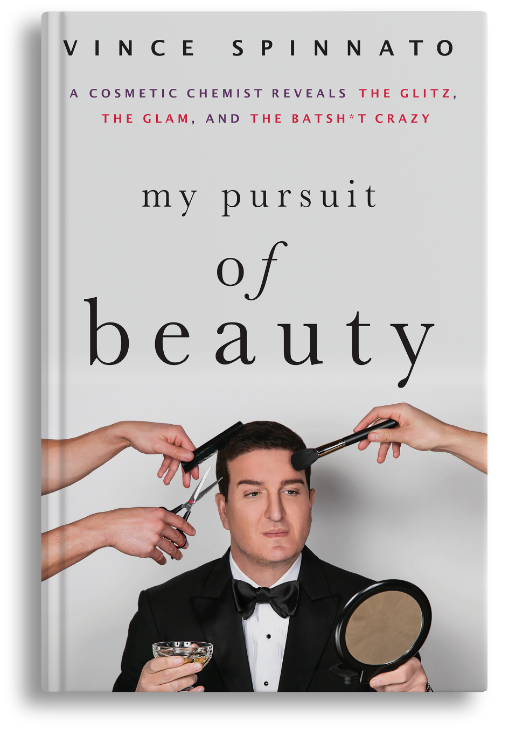06 Apr Trich
As a kid, I was extremely close to my Grandma Serra who introduced me to her favorite TV soap, “The Young and the Restless.” When “Dynasty” debuted, it became our second obsession. We spent countless hours snuggled close together on her couch watching both.
She died tragically when I was 11, and I was inconsolable. Barely a week later, my mother thought watching a cooky TV program would distract me and tuned in to “Revenge of the Nerds.” When it was over, I looked down and found a pile of my own hair next to me on the floor and I had large bald patches on my head. Her death had become the catalyst for trichotillomania (trich), a hair pulling disorder generally triggered by extreme trauma.
My parents were completely baffled and took me to one of the few psychiatrists who claimed he could cure me. He prescribed such powerful drugs for a year and a half that I went into a deep depression and had destructive rages. We later learned that the high dosage he prescribed could have killed me had I taken it much longer.
The kicker? The drugs didn’t put a dent into my mostly unconscious hair pulling. Sometimes it was like a marathon and I would end up virtually bald; other times it was sporadic. Even when I realized I was pulling my hair, it was hard to stop, like the urge some people have to bite their nails, but far more disfiguring. You can imagine how well that played in grammar and middle school. Not only did I have a lisp and a big nose, I had bald spots all over my head. I was the perfect foil for bullies.
One event stands out. When I was about 15, Mom and I went to see Don Rickles, but instead of focusing on this hysterical comic, I was fixated on a clump of mascara on her eyelash. The impulse to get rid of it was so intense, I said, “Hey, Mom. You have something on your eyelash.” Before she could answer, I reached over and plucked it out.
If you’ve ever enraged an Italian mother, you’ll understand when I say that her reaction was epic. I’ve never touched a hair on another person in my entire life.
Back when I was 11, trichotillomania was a little-known condition and most sufferers were so ashamed they hid it at all costs. It’s only in the past decade that highly visible celebrities like Megan Fox, Charliz Theron, Justin Timberlake, Katy Perry, Leonardo DiCaprio, Samantha Faiers, Kate Beckinsale and Kristin Stewart have “come out” to help remove the stigma. Their actions have encouraged others to do the same.
With a ton of psychiatric help, I’ve learned that trich is a body dysmorphic disorder, a condition where people see themselves differently than others see them. Hair was not my only focus. I went under a plastic surgeon’s knife numerous times to correct perceived flaws in my face and body. Many procedures were disastrous to my health.
Fortunately, I’ve learned some coping skills and haven’t pulled out my hair for nearly three years. One is to get waxed periodically from neck to toes because hair pulling is not just confined to one’s head. Any errant hair on my body is a temptation. Another is to go to tanning beds that help increase the release of serotonin in my brain and boost my mood. (However, this is clearly NOT recommended by doctors because of the danger of skin cancer.) The third is to keep a Rubik’s Cube nearby when I’m relaxing to keep my hands occupied so I’ll be less tempted to pull my hair.
Trichsters like me will try most anything to prevent hair pulling, but after using most of the available products, I can honestly say there are none on the market that work well. To help others (and us), my pal Joanna Locke, another trich sufferer, and I are in the process of founding a non-profit called TrichStars to provide a community where trichsters can find support, education, encouragement and acceptance. But the crux of it is to develop products that work.
We want to address the major trigger: ridding ourselves of irresistible irritants like dirty, sticky, crunchy, jelled or sprayed hairs. Our goal is to develop products that make the hair feel so silky trichsters can’t get a grip on it, as well as products that help regrow the hair that we’ve pulled out.
https://www.psychologytoday.com/us/conditions/trichotillomania-hair-pulling

Sorry, the comment form is closed at this time.